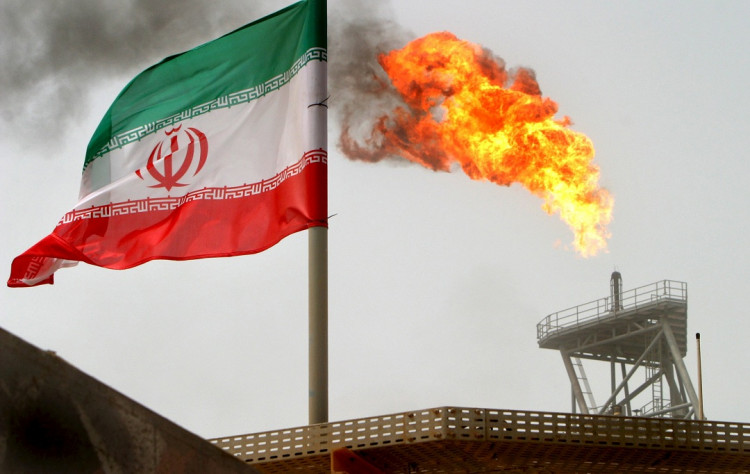Oil prices experienced a rollercoaster ride on Friday, initially spiking by more than $3 after reports of Israeli attacks on Iranian soil, but later slipping as Tehran played down the incident, signaling that an escalation of hostilities in the Middle East might be avoided. The fluctuations in oil prices and the brief surge in gold prices underscored the heightened fragility and volatility of the situation in the Middle East.
Brent futures were down 72 cents, or 0.83%, at $86.39 a barrel by 1314 GMT, while the front-month U.S. West Texas Intermediate (WTI) crude contract for May fell 66 cents, or 0.8%, to $82.07. The more active June contract was down 68 cents, or 0.83%, to $81.42.
Investors had been closely monitoring Israel's reaction to Iranian drone attacks on April 13, which were in response to a presumed Israeli air strike on April 1 that destroyed a building in Iran's embassy compound in Damascus. However, as Iran sought to downplay the significance of the reported attacks, the initial fear of further escalation subsided, leading to a reversal in oil and equity markets.
"Whilst the initial spike in oil may have highlighted the initial fear of further escalation, we have seen both equities and crude reverse some of those preliminary moves," said Joshua Mahony, chief market analyst at Scope Markets.
Despite the easing of tensions, investors are not ruling out the possibility that Middle Eastern tensions could disrupt oil supply. "The oil market is nonetheless concerned as there is too much oil supply at stake," said Bjarne Schieldrop, commodities analyst at SEB Research.
Iran, the third-largest oil producer in the Organization of the Petroleum Exporting Countries (OPEC), has been the target of additional sanctions by U.S. lawmakers. The sanctions, included in a pending Ukraine aid package, target ships, ports, or refineries that process Iranian crude and transactions from Chinese financial institutions involving purchases of petroleum from Iran.
Analysts from Goldman Sachs and Commerzbank have raised their Brent crude forecasts, taking into account geopolitical tensions as well as the prospect of rising demand and restrained supply by OPEC and its allies (OPEC+). "Oil demand is growing at a healthy pace, and supply should be constrained due to the extensions of the voluntary production cuts of OPEC+," said UBS analyst Giovanni Staunovo.
The brief surge in gold prices, which nearly reached a record high before settling below $2,400 an ounce, highlighted the metal's status as a safe-haven investment during times of uncertainty. Randeep Somel, fund manager at M&G Investment Management, told the BBC's Today programme that the main concern for markets would be the inflationary impact of a worsening conflict in the Middle East.
The heightened tension has also led to concerns about the potential disruption of shipping through the Strait of Hormuz, a crucial route through which about 20% of the world's total oil supply passes. Energy market expert Vandana Hari of Vanda Insights described the initial spike in oil prices as "a knee-jerk reaction to fears of a renewed escalation of warfare between Israel and Iran," adding that the latest events underscore the "heightened fragility and volatility in the Mid East situation."






